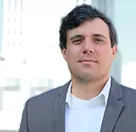James Brasuell, AICP is the former editorial director of Planetizen and is now a senior public affairs specialist at the Southern California Association of Governments. James managed all editorial content and direction for Planetizen from 2014 to 2023, and was promoted from manging editor to editorial director in 2021. After a first career as a class five white water river guide in Trinity County in Northern California, James started his career in Los Angeles as a volunteer at a risk reduction center in Skid Row. Prior to joining Planetizen, James worked at the Cal Poly Pomona College of Environmental Design, as an editor at Curbed LA, as editor of The Planning Report, and as a freelance contributor for The Architect’s Newspaper, the Urban Land Institute – Los Angeles Chapter, FORM, KCET, and the California Planning & Development Report.
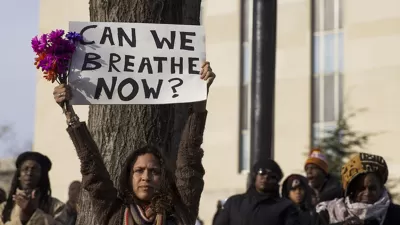
Connecting the Dots Between Planning and Policing
The newest issue the Journal of Planning and Education Research responds to a clear need of the time: the need to address social justice in the public realm while reforming planning practices in the United States.
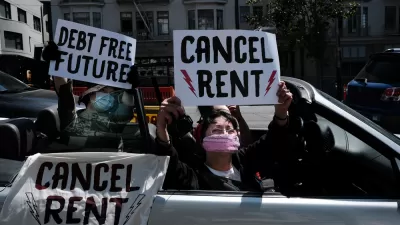
The Looming Eviction Crisis
Of all the nightmare scenarios that became possible when the coronavirus hit the shores of the United States, the possibility of massive evictions and a rental market failure seems to have averted the worst possible outcomes. That could still change.

Surveying the Fiscal Nightmare for Cities and States
Governing takes a tour through the fiscal impacts of a suddenly cratered economy and an ongoing public health crisis.
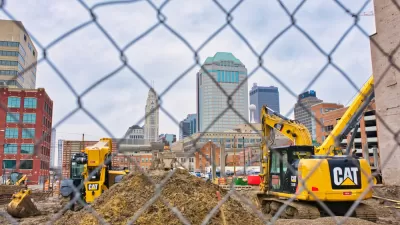
Laying the Groundwork for Cheaper Multi-Family Housing Construction
The processes of clearing land, building foundations, and making space for parking are three of the most expensive components of the construction process. Zoning can help reduce the costs to deliver more affordable housing supply.
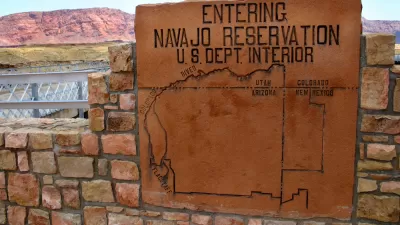
Water Supply Inadequacies Tied to Coronavirus Infection in the Navajo Nation
On May 24, the Navajo Nation had 4,658 reported cases and 165 deaths in a population of 173,000—more even than New York City—while local organizers scrambled to find the water to cover the need during the pandemic.

























